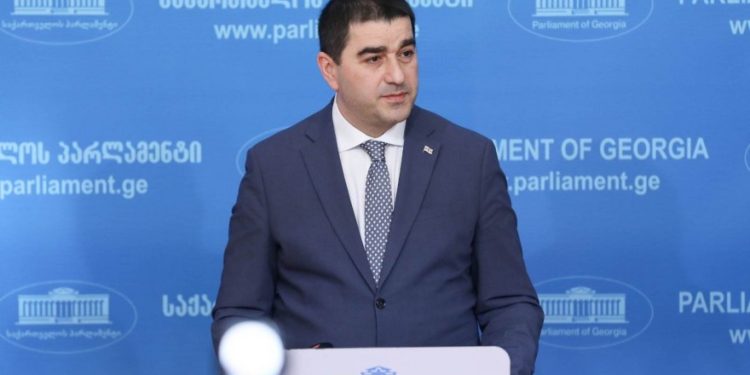the Speaker of the Parliament of Georgia, Shalva Papuashvili, there is no objection from the Venice Commission for Georgia to adopt the submitted law on de-oligarchization, although there are recommendations, which will be considered and a corresponding decision will be made.
“The Venice Commission met on March 10–11 to debate its recommendations for the law on de-oligarchization and amendments to the statute on Common Courts. Today, these findings should be posted on the Venice Commission website. We have already received this information in advance. As you may recall, there were two topics covered in the political discussion on the bill on de- oligarchization. One was whether it was truly a translation of Ukrainian law, and the other was whether Georgia had the authority to do so given the circumstances. The conversation we had on the draft law on the transparency of foreign influence is comparable to this one. The same argument applied: to what extent was it American, and to what extent did Georgia, as opposed to America, have the authority to enact such a law? On both matters, the Venice Commission has a conclusion. The only distinction between these two laws is that in Ukraine, the registry is maintained by the Security Council under the President, whereas in Georgia, the government is in charge, which is understandable given that the president of Georgia has other duties. On the second question, whether Georgia can adopt this type of law or not, there is also a judgment on this, and there is no objection in this case. They have created suggestions that the terminology be carefully clarified, which we also mentioned when we discussed this project. What does it mean, for instance, to be politically active or to have sway over the media? Moreover, procedural safeguards, the chance to appeal, etc. Making sure the outcomes are proportionate is also important. There are particular recommendations that we will take into consideration, and a decision will be taken as a result,” Papuashvili remarked.
In addition, as Papuashvili noted, the Venice Commission does not have any serious remarks regarding the draft law on Common Courts and recommendations are presented in this case as well.
“The Venice Commission has no comments to make about the amendments that we have created for the second issue, the law on Common Courts. The Venice Commission in this case addressed not only this paper but also generally evaluated the recommendations provided by them in the previous two to three years, so they have proposals about additional topics at the same time. Again, they make no significant criticisms of the modifications that the Georgian Parliament has already made; but they do make some new suggestions that we will address. As you are aware, we requested a combined conclusion from the Venice Commission and the OSCE/ODIHR when we provided both documents to them. Both authorities assured us from the start that the findings would be independent. As a result, we are still awaiting the OSCE/ODIHR report on both projects; it is likely that the OSCE/ODIHR will release its findings next week. The relevant parliamentary committee will start working on these materials once we obtain the OSCE/ODIHR report. We’ll complete the task soon, ensuring that these criteria are met,” Papuashvili added.














